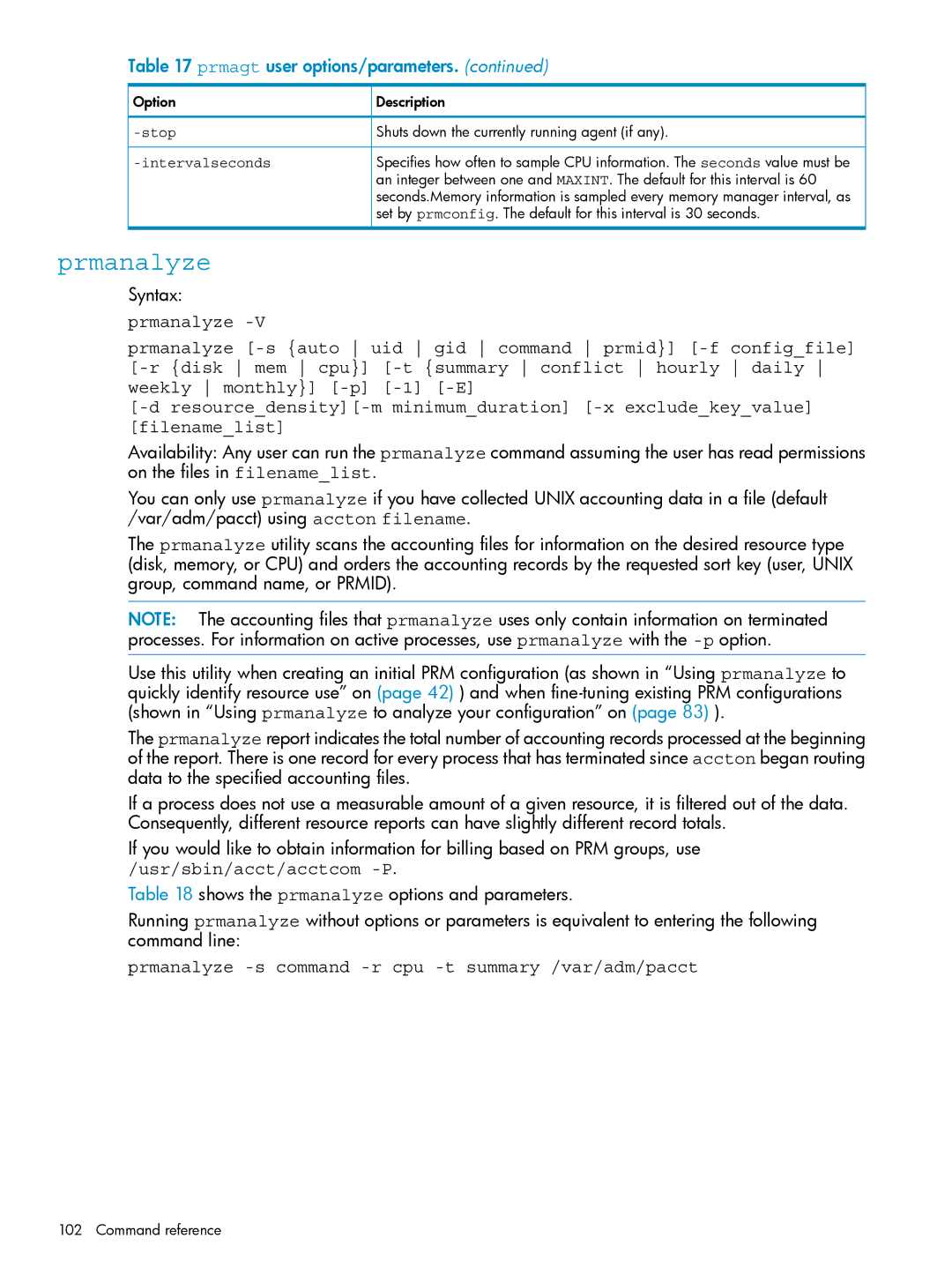
Table 17 prmagt user options/parameters. (continued)
Option | Description |
| Shuts down the currently running agent (if any). |
| Specifies how often to sample CPU information. The seconds value must be |
| an integer between one and MAXINT. The default for this interval is 60 |
| seconds.Memory information is sampled every memory manager interval, as |
| set by prmconfig. The default for this interval is 30 seconds. |
prmanalyze
Syntax: prmanalyze
prmanalyze
Availability: Any user can run the prmanalyze command assuming the user has read permissions on the files in filename_list.
You can only use prmanalyze if you have collected UNIX accounting data in a file (default /var/adm/pacct) using accton filename.
The prmanalyze utility scans the accounting files for information on the desired resource type (disk, memory, or CPU) and orders the accounting records by the requested sort key (user, UNIX group, command name, or PRMID).
NOTE: The accounting files that prmanalyze uses only contain information on terminated processes. For information on active processes, use prmanalyze with the
Use this utility when creating an initial PRM configuration (as shown in “Using prmanalyze to quickly identify resource use” on (page 42) ) and when
The prmanalyze report indicates the total number of accounting records processed at the beginning of the report. There is one record for every process that has terminated since accton began routing data to the specified accounting files.
If a process does not use a measurable amount of a given resource, it is filtered out of the data. Consequently, different resource reports can have slightly different record totals.
If you would like to obtain information for billing based on PRM groups, use /usr/sbin/acct/acctcom
Table 18 shows the prmanalyze options and parameters.
Running prmanalyze without options or parameters is equivalent to entering the following command line:
prmanalyze -s command -r cpu -t summary /var/adm/pacct
102 Command reference
